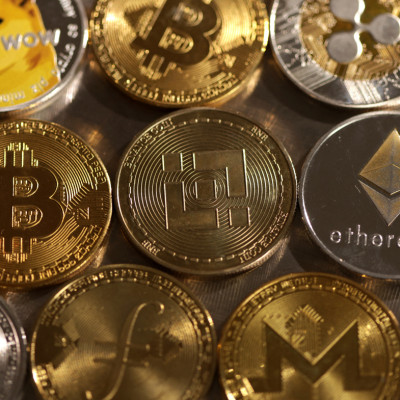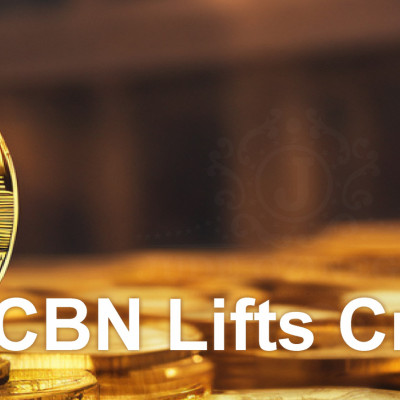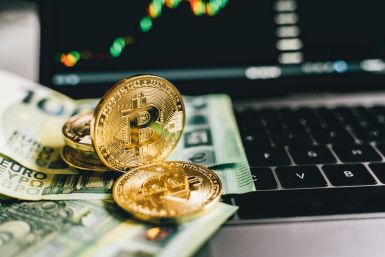Explore Solana's current price outlook amid staking changes, potential ETF approval, and growing adoption in DeFi and NFTs, highlighting both risks and opportunities for investors.
Matthew Kayser
Dec 09, 2025
A deep look at how institutional tokenization, network upgrades, and new financial products could fuel Solana's next major price surge.
Kaitlyn Gomez
Dec 03, 2025
Bitcoin is back above $90K after a brutal selloff. Find out if the Federal Reserve is about to fuel the next rally.
Jaja Agpalo
Nov 27, 2025
Poain BlockEnergy Inc. launches a next-generation crypto income model offering instant $15 (£12.75) rewards, fixed daily staking returns, and accessible entry levels, positioning itself as a regulated, low-risk alternative to speculative coins like BTC, XRP, and DOGE.
Robin Seera
Nov 21, 2025
Michael Saylor's company Strategy maintains its 'HODL' approach, purchasing more Bitcoin despite its significant price decline in 2025.
Angelo dela Dingco
Nov 18, 2025
Similarly, Web3 gaming ventures in 2023 faced a staggering 71% failure rate
Rafael Anthony Roa
Jan 14, 2025
Haliey Welch, the "Hawk Tuah Girl," faces legal and public scrutiny over her failed meme coin Hawkcoin, which lost 95% of its value days after launch.
Sarah Tan
Jan 13, 2025
With the crypto market's ever-evolving nature, the allure of altcoins continues to grow, attracting investors eager to diversify their portfolios
Emily Carter
Jan 09, 2025
Bitget users can access various crypto services on the platform. The approval will now allow Bitget users in the UK to trade crypto and custody services for a range of assets
Dec 18, 2024
Bitcoin broke $100,000 for the first time Thursday after Donald Trump nominated cryptocurrency backer Paul Atkins to head the US securities regulator, reinforcing optimism the incoming president will deregulate the sector.
AFP News
Dec 05, 2024
Exodus' top-notch security experts include top 10 HackerOne researchers focusing on cloud and application security to develop robust security framework architecture
Oct 29, 2024
As of September 2024, UK ranked 11th in the 2024 global crypto adoption index.
Oct 03, 2024
Former Kansas bank CEO Shan Hanes was sentenced to over 24 years for embezzling $47 million, which led to the bank's collapse.
Vinay Patel
Aug 23, 2024
The rise of cryptocurrency has not only revolutionized finance but also infiltrated the world of online gambling.
IBT UK Contributor
Aug 12, 2024
There are two types of lotteries: open and closed. In an open lottery, tickets are continuously sold. In a closed lottery, all tickets are sold before the winner is announced.
Aug 07, 2024
The world of cryptocurrency has seen its fair share of trends come and go, each leaving its mark on the ever-evolving landscape.
IBT UK Contributor
Jul 25, 2024
More investors are becoming interested in assets such as Bitcoin and Ethereum as the cryptocurrency market grows.
Jon Stojan
Jul 11, 2024
Bitcoin owner forgets password to $3M wallet for 11 years. A hacker exploits software flaws to recover lost fortune.
Vinay Patel
Jun 26, 2024




































